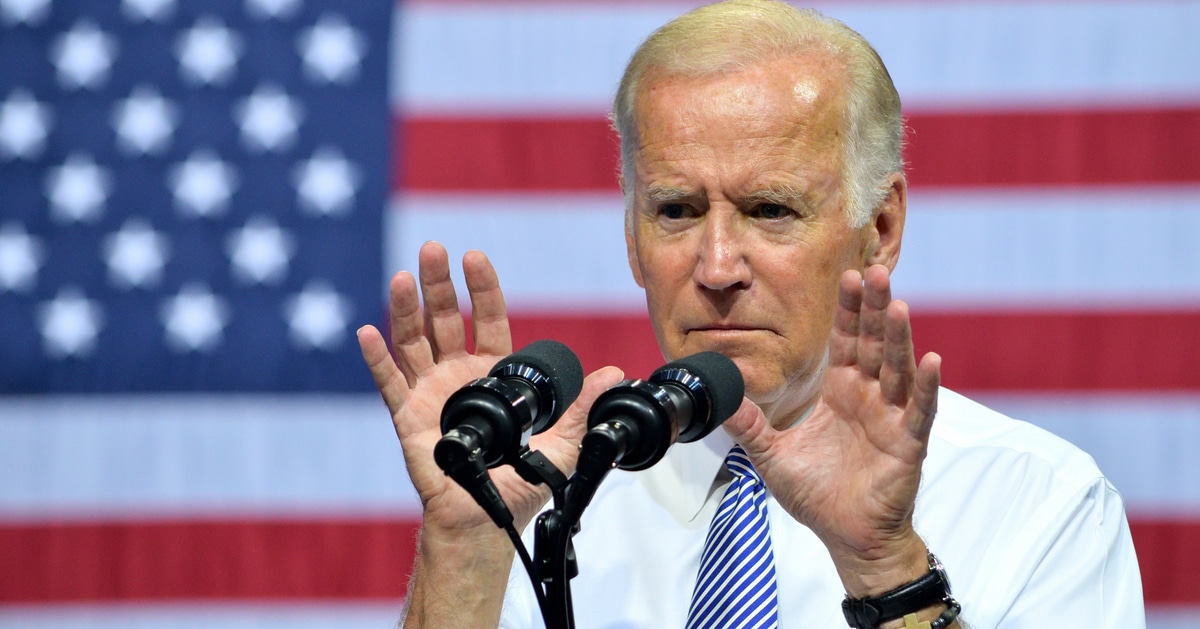

A new legal development unfolded this Tuesday when Special Counsel Jack Smith filed a superseding indictment against Former President Donald Trump concerning the events of January 6.
Axios reported that this revised indictment, necessitated by a Supreme Court decision, persists with original charges while excluding specific allegations related to the Justice Department.
The adjustments in the indictment are largely a response to a Supreme Court ruling earlier in July, which determined that certain presidential actions are shielded under immunity for "official acts".
This protection influenced the reshaping of the government’s case against Trump, who faced various allegations linked to his actions surrounding the January 6 Capitol riot.
The revised charges were presented to a new grand jury, ensuring that the individuals assessing the case had not been exposed to prior proceedings. This step emphasizes the legal process’s integrity and the importance of unbiased judicial evaluation in high-profile cases.
Special Counsel Jack Smith's office has openly stated their efforts comply with the Supreme Court's directives, reflecting a judicial system that adapts and respects higher court mandates.
This pertains to the continuance of charges including conspiracy to defraud the U.S., obstruction of an official proceeding, and conspiracy against rights among others.
Trump has remained defiant against the charges, maintaining his innocence and pleading not guilty.
His response to the latest legal actions was to discredit the refreshed indictment as "ridiculous", asserting that it should be dismissed immediately through a post on Truth Social.
The legal adjustments made in the superseding indictment notably exclude allegations concerning Trump’s alleged directives to the Justice Department and Jeffrey Clark about false election fraud claims.
This change is a direct outcome of the Supreme Court’s decision, which limits the scope of the charges to be considered by the jury.
While this updated indictment in the January 6 case is a focal point of current media attention, it's crucial to note that Donald Trump is also contending with three additional criminal cases.
These, coupled with the ongoing federal case, compose a significant part of the legal challenges facing the former president.
The import of the Supreme Court’s earlier rulings on presidential immunity cannot be understated.
It has set a precedent that significantly affects how similar cases are handled, stressing the shielding of certain presidential activities while maintaining accountability for others.
The Department of Justice continues its meticulous pursuit of justice regarding the January 6 events, aligning its legal approaches with the highest court's rulings. This delicate balance aims to uphold law and order while respecting established legal protections for office bearers.
As the case progresses, both the courts and the public will potentially see further changes in how presidential actions are legally interpreted and challenged. The outcome of this case could hold lasting implications for the U.S. judicial landscape and the presidential office’s legal boundaries.



